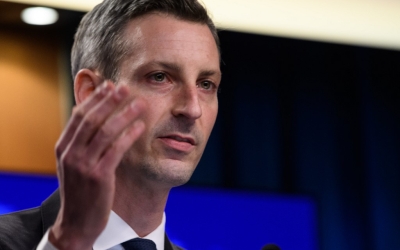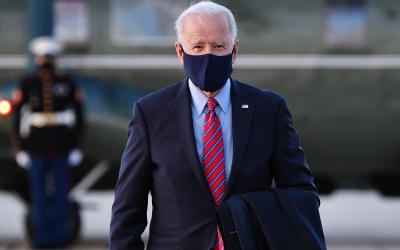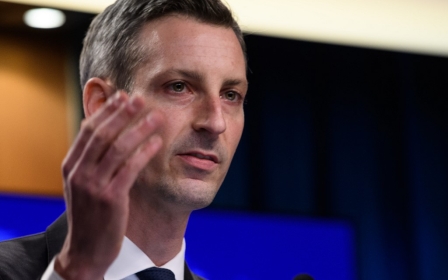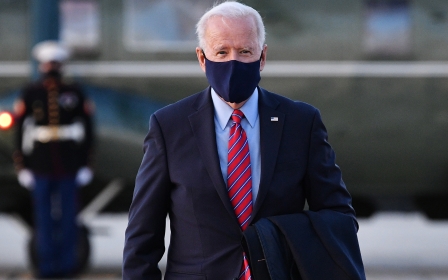Oman content with current Israel relationship, foreign minister says
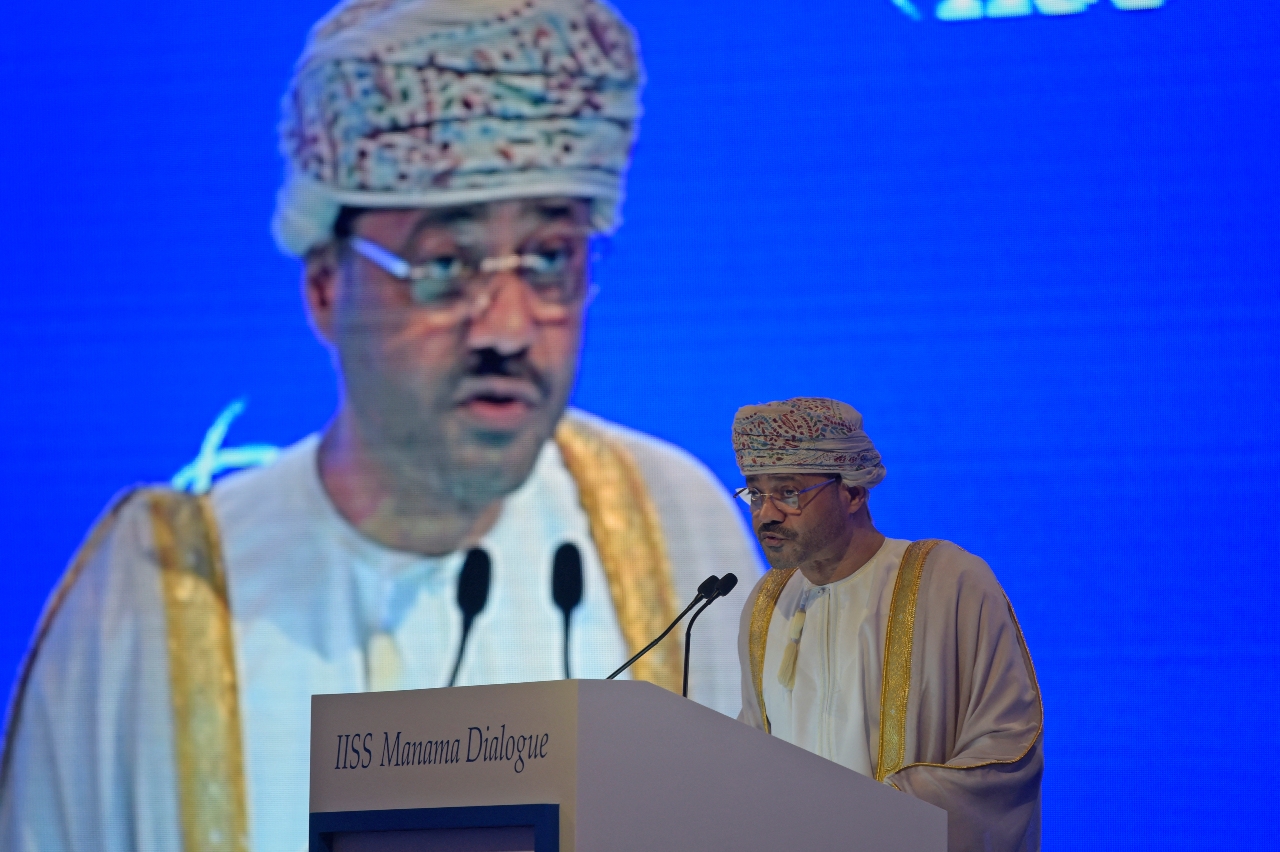
Oman is satisfied with its current relationship with Israel, its foreign minister said on Thursday, after two other Gulf states recently normalised ties with Israel.
"As regards Israel we are content so far with the level of our current relations and dialogue, which involves the appropriate channels of communication," Foreign Minister Badr al-Busaidi said.
Oman, he added, was committed to peace between Israel and the Palestinians based on a two-state solution.
Gulf neighbours the United Arab Emirates and Bahrain normalised relations with Israel last year, becoming just the third and fourth Arab states to do so in more than 70 years.
The administration of then-US President Donald Trump had hoped other Gulf states would also establish formal ties.
Away from the Gulf, Morocco and Sudan have also since normalised relations with Israel.
'Stab in the back'
Palestinians have denounced the normalisation deals, describing them as a "stab in the back".
They say the accords violate a longstanding pan-Arab position that Israel could normalise relations only in return for land.
Israel exchanged embassies with neighbours Egypt and Jordan under peace deals decades ago.
But until now, all other Arab states had demanded it first cede more land to the Palestinians.
The UAE said it had obtained a major concession from Israel and the US to halt plans to annex territory on the occupied West Bank.
However, Israel has insisted that annexation remains a possibility.
Iran nuclear deal
Busaidi also said Oman was ready to help with rescuing Iran's 2015 nuclear deal, fraying since 2018 when Trump withdrew the United States from the pact, but felt that existing US communication lines with Tehran could suffice.
Asked at an online event about the chance of Oman mediating in new efforts to restore the deal Iran signed with world powers, Busaidi said Muscat has a very good relationship with both Tehran and Washington and was ready to assist if needed.
"I believe the channels are open directly between the foreign policy teams in Washington and Iran," Busaidi told the Atlantic Council event.
"I see no reason why those channels can't be reactivated."
The 2015 Joint Comprehensive Plan of Action (JCPOA) deal limited Iran's uranium enrichment activity to make it harder for Tehran to develop nuclear arms, if it so chose, in return for the easing of US and other sanctions.
Trump exited the deal, calling it too lenient on Iran, and reimposed sanctions that have crippled the Iranian economy, Reuters reported.
New US President Joe Biden has said Washington will rejoin the JCPOA if Iran stops breaching limits on enrichment and returns to full compliance with the deal.
Busaidi, who was appointed in August after Oman's new Sultan Haitham delegated the position away from his own portfolio, reiterated Oman's longstanding policy of neutrality in a turbulent region.
"Omani foreign policy has always sought to maintain and encourage dialogue between as wide a number of parties as possible," he said.
Middle East Eye delivers independent and unrivalled coverage and analysis of the Middle East, North Africa and beyond. To learn more about republishing this content and the associated fees, please fill out this form. More about MEE can be found here.


